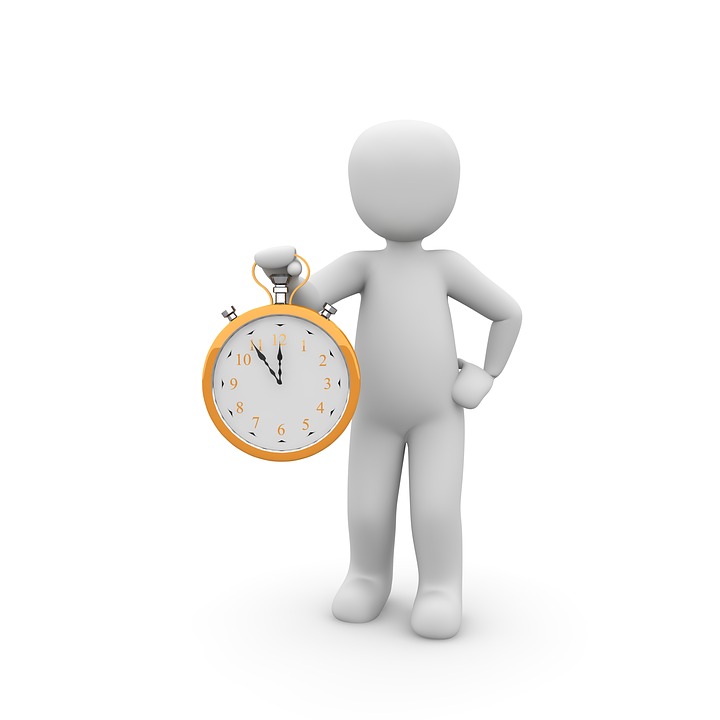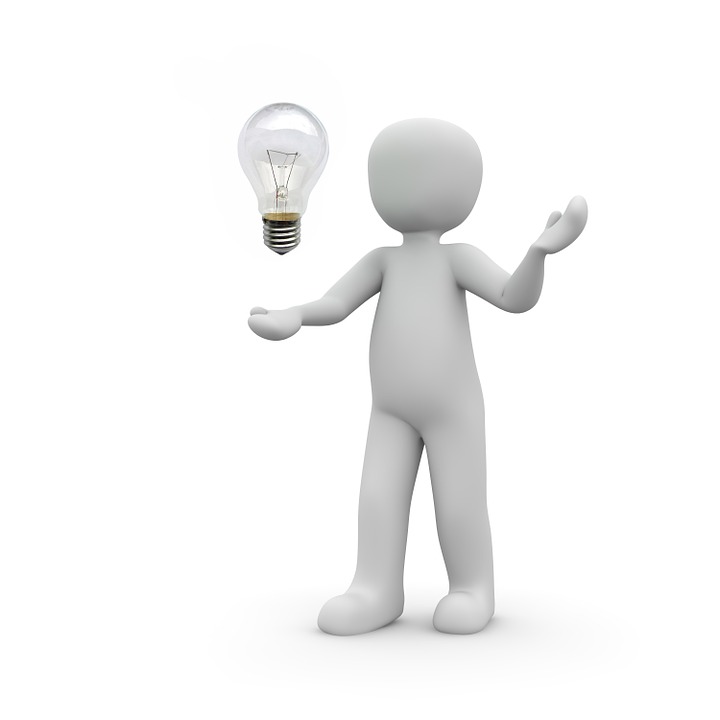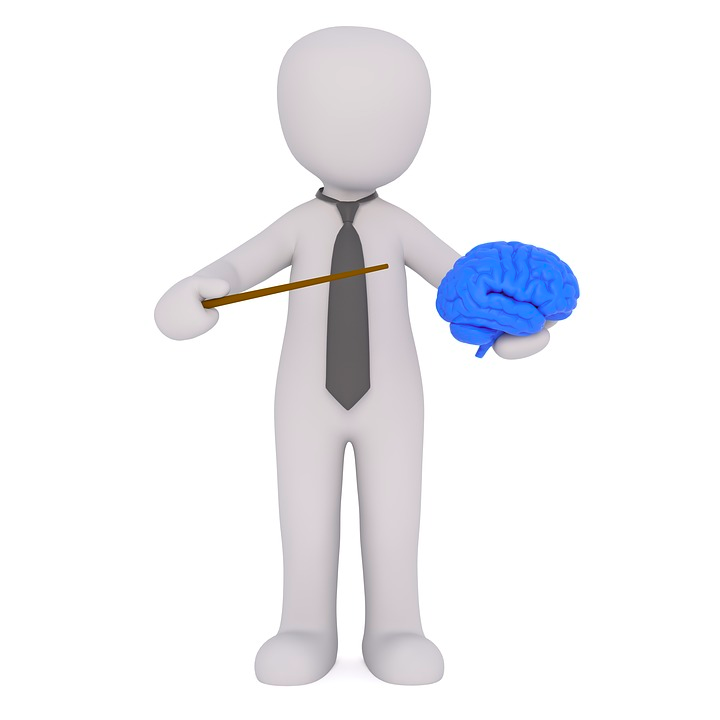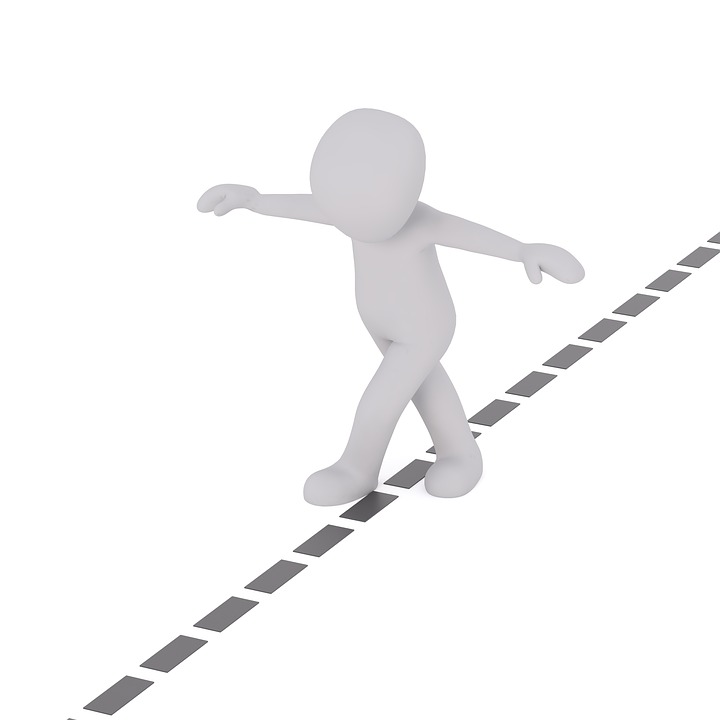How to stay healthy for longer time
Staying healthy and living longer are two most common wishes of people after 50. It's usually the time when people start noticing that their bodies don't act like they used to, they become more fragile, less flexible, etc. (if you are over 50 you don't need anyone to tell you what you feel, and if you are still 'under-aged', better not think about it too much, just know that nothing good will happen after 50... unless...).
Unless...
For your great grandparents in previous centuries reaching 60 in good overall health was really hard, reaching 70 was an extraordinary achievement and 80, well... When your great grandparents were 80, everybody knew.
Nowadays, on the other hand, you may be 60 and still be quite active (just look at..., ok. Let's not point fingers at anyone because it's not nice to say how old people are, isn't it, or maybe...), you can be 70 and run marathons (check here: Ed Whitlock) in less than 3 hours (yes, it's possible), you can be 90 and still be able to get your PhD (it happened at least once - in March 2016, you can check it here: Colette Bourlier (1) and here: Colette Bourlier (2)), you can be 100 and even more and... well, you know...
How is it possible?
Well, we still not exactly know it, but we know that it's partially thanks to genes, partially thanks to diet, partially thanks to general activity, and partially thanks to some other aspects. You can't change the first one (at least not yet), but most of the other ones are completely within your grasp. For example, you can create your own future thanks to proper diet (including some supplements), some exercise, some meditation, etc..
So, nothing good will happen after 50... unless you start doing something to change it. And your new motto can be:
There might be a lot of great things that will happen to you after 50 if you start taking care of yourself right now, however old/young you are.
So, what to do?

1. Exercise
That's the first thing to start with. If you still can exercise, do it. Start now. Seriously. Get up now, before ending this article (but after finishing this paragraph) and try to stretch a bit (not too much, just enough to check how fit you are, don't hurt yourself with this), move your hands, shake them, shake your legs, you may try with some sit-ups or maybe bend a bit (and again, do not overdo it, don't hurt yourself). Try now.
...
So, how was it? Did it help? Or did it rather show you that, well, you could work more on your shape? Exercising is really important to stay healthy for longer time. It's also important to do it properly. Just now you did some movements to check your body, but proper exercising involves frequent activities under supervision (especially at the beginning). This supervision is important to help you achieve better results and to help you not to injure yourself during 'helping yourself' (it would be unproductive, don't you think).
You can think about sports you liked in your childhood or in your youth, or you may think about some new sport that wasn't even there when you were young (like riding on that funny hover-board kids love these days).
But remember, if you decide to start some kind of sport, start it with a trainer. It may be on a gym, on a dance floor, or in the swimming pool, but always with a trainer. Good trainer will show you how to hold position during exercise so it wouldn't hurt your back, how much to stretch so it wouldn't hurt your tendons, how much weight to put on barbells so it wouldn't hurt your muscles, etc.
And enjoy it. That is important. Well, at least try to enjoy it, because if you do, you are more motivated to training, you train more and the progress is much faster, so you can enjoy it even more.
Also, enjoyment gained from exercise will give your body endorphins that will change not only your state of mind but also state of the body.
And that leads us to the second aspect of healthy habits. Habits regarding food intake (scientifically speaking).
Oh, by the way, if you want to read more about exercising and staying healthy, you should check this website created by National Institute on Aging (at National Institute of Health): NIA about exercise and physical activity.

2. Diet
One of the most tested aspects supposedly leading to better health and longer lives in different organisms is 'calorie restriction' (CR). During research scientists have discovered that some types of CR leads in some organisms (like worms or mice) to longer lives. There are, however, ambiguous results regarding CR in monkeys or people.
CR is actually really capacious term because CR may be based on 10 or 50% calorie reduction, so if you read that CR helped, you should always check what kind of CR that was (did scientists gave 50% less calories to tested subjects or maybe only 5% less; how long the restriction had been applied (one week? one month?); had anything else been changed in a diet (meals 3 times a day or 5 times a day), etc.).
It's also important to know that people have different demands for calories (so 5% for one may be different than for the other) and if you want to try it, you should consult with your dietitian to find the best amount of calories needed accordingly to your life style, daily activities (maybe you sit all day or work manually - it changes the amount of food your body needs to function properly).
So, calorie restriction is not yet proved to help people to live longer, but it is proved that being overweight leads to various disadvantages in living, so restricting calories might help to stay 'not overweight'.
And remember, if you want to change your diet - ask a dietitian for help, because reducing calories should be done carefully, with respect to all of the nutrients (carbohydrates, proteins, fats, vitamins, etc.). And it's important to know which foods are abundant in which kind of nutrients to create balanced and healthy diet that will lead to long and healthy life.
If you want to know more about newest scientific findings regarding dietary restriction, you may start with this: article about diet
If you want to know what NIA suggests to eat in order to stay healthy for longer time check these two sites:
General Information: NIA about diet
Healthy Eating after 50: NIA about healthy eating after 50

3. Supplements
Apart from healthy diet, some researchers propose including dietary supplements, in order to supply your body with the ingredients which your body needs to stay healthy (and which you don't get enough in your everyday meals). There are various supplements based on the newest research, like for example Basis (created in company employing six Nobel Prize Laureates). This supplement is addressing NAD+ and sirtuin function. There are also other products available addressing different biological processes supposedly leading to aging (like telomere shortening, stem cell exhaustion, etc.) with different molecules. What's important is that they are supplements so they can be bought without prescription, but you need to be careful with them.
Remember that the health benefits from eating those supplements are not yet fully confirmed, so you have to decide on your own if you want to take one or not. And you should definitely ask your physician for opinion on the matter before you decide. Your physician knows what medicines you take and if those supplements you think could help are not colliding with any of your medicines (and thus could be more harmful than helpful instead).
So, supplements may be great, but they need to be taken responsibly. And before you take any of them check what NIA has to say about dietary supplements: NIA about dietary supplements
Even more careful you should be with medical treatments.

4. Medical treatments
For now, there are no medical treatments that would be fully accepted by scientific community as life-changing. New papers on the topic are coming every week, new research is done, but we still have to wait couple of years (probably) till we get the proper treatments that would be truly helpful.
There are some medicines that are being tested, like metformin (normally for patients with diabetes) or some more invasive treatments, like blood transfusions, but they are all in research phase.
And be aware that some treatments might work, while other might be deleterious for your body, so before you decide to get any treatment you should ask your physician, what she/he thinks about it. And you could also read about those treatments in the internet. Especially on sites promoted/approved by governmental institution, like National Institute of Health or National Institute on Aging.
Remember - it's better to be safe than sorry. You may think about those new treatments like about buying new car (it's one thing to hear what the seller tells you and the other one - what some independent mechanic says - and always ask the independent mechanic).
See more:
article from Science about 'young blood antiaging trials'
article from The Scientist about first data from anti-aging gene therapy
article from CNN about age-youth treatment and medication/
Ok, so after this medical staff, let's talk about something more easily accessible and definitely more fun...

5. Laughter
Yes, I know you've heard that you should laugh a lot, because it's good for you. So I won't tell you much more about it, but you know...
Just as a reminder: laughing is good because it engages almost all of your body muscles (if you laughed really hard you know what I'm talking about, and if not - hopefully you will (fingers crossed)). Laughter is good because it helps you to relax. Laughter is good because it stimulates the respiratory system, etc..
So keep laughing, keep, keep laughing...
And if you want, you may check why scientists think you should:

6. Meditation
That doesn't even have to be anything special, you don't need to be Tibetan monk to feel the power of meditation. You just need to find a nice place where you feel safe and warm and relax and concentrate on your breathing and let everything else be gone for a while.
Why is it helpful. Mostly because it calms you, but also because you can be more self-aware about your body... and that brings us to lucky 7.
Check out some more info about it from National Center for Complementary and Integrative Health (at NIH): overview from NIH about meditation

7. Listening to your own body
You may listen to your body during meditation, but also you may do it while you are working, learning, exercising, etc. Actually - listening to your body is something really important. You see, your body, pretty much always, knows the best what's the best for it and if you get in contact with your body it may surely tell you "hey, I would like to get up and stretch my arms right now you - owner of mine". And if you don't listen to your body, you may miss this and maybe even hunch a little while reading or writing something on your laptop, tablet or smartphone...
But, if you listen to your body, when you hear "I'm really not that hungry anymore, please don't eat that last cake that's calling for you", you can say "I understand, no more cake"... or when your body asks you "can we please just move for a while, catch a break from all this reading and writing?", you can say to your body "sure way my dear, you are my most precious body of all"... Okay, you know the drill. Don't meditate too much on this, and definitely don't talk to your body, just listen to it and act accordingly, if you don't mind... "Yes, please' said the body...
You may find these sites interesting if you are interested in the topic: article from NY Times
And now, more about that talking. Well, talking to your body might seem a bit off, but talking to other people - that's great idea. So...

8. Social interactions
Social interactions usually help. They can help you on many different levels. You can fell so many emotions that can lighten you up, make you wish something really much, make you feel connected, etc.
But remember that this one is kind of tricky. If you are not feeling good among other people, social interactions may be a bit stressful. Well, in that case you just need to find people who don't make you stressed. I know that it's not that simple for some, but you don't need to force anything. You can make small steps (like meeting with one person, or just mailing with that person at the beginning). Step by step...
And if a person is too much for a beginning, you may try something else...
You can start with reading why it's such a good idea to get more social (from NIA): NIA about participating in activities you enjoy

9. Staying in touch with nature
For some reason, being around nature (like trees, animals, etc.) helps people. Yes, it seems not natural, because for most of our human history we rather try to go the opposite way (we came out of water, out of forest, out of fields), build big cities with big houses... but yet, nature calls us back and can actually help. So...
You can invite nature to your home - you can take a little cat or dog under your roof (there might be one in the nearest shelter) or some plants if animals are too much for you yet.
Or you can visit nature - you can go to the nearest forest, or by the sea, or to the river bank. You can go to the nearest park and even this will also help you stay healthier.
Or you can start with just reading more about it (maybe it'll help too):
And that brings us to the 10th idea for healthier lifestyle leading to overall better health and better health in later years. And that idea is...

10. Living your life
That's actually maybe the most important idea.
So don't forget to live your life, because every day counts.
So, what conclusion can we get from all these about staying healthy?
Well, first of all, however old you are, you probably may change the way your overall health is by proper diet, involvement in sport activities, etc..
Second of all, if you want to help yourself, you should contact with specialists, because every organism is different and (1) something that helped your neighbor might not be that helpful for you and vice-versa, (2) sometimes self-treatment or self-training may even make you worsen your health instead of improving it.
Third of all, it's important to read about new developments, because they appear almost every day and some of them may help you live to 80-90-100 in great health. Here are two pages you may want to visit:
NIA: https://www.nia.nih.gov/health/topics
NCCIH: https://nccih.nih.gov/health/atoz.htm
Fourth of all... and the sooner you start improving your health, the quicker the results will be.






